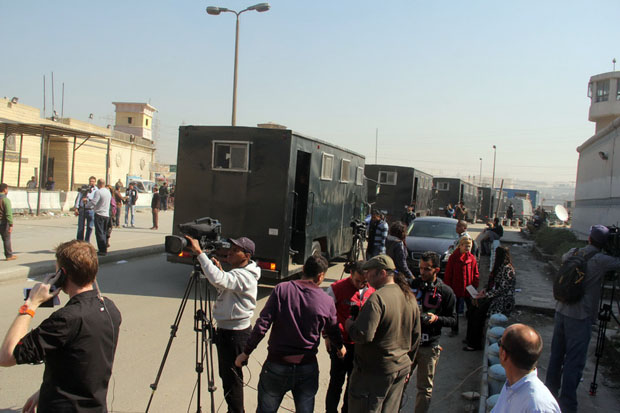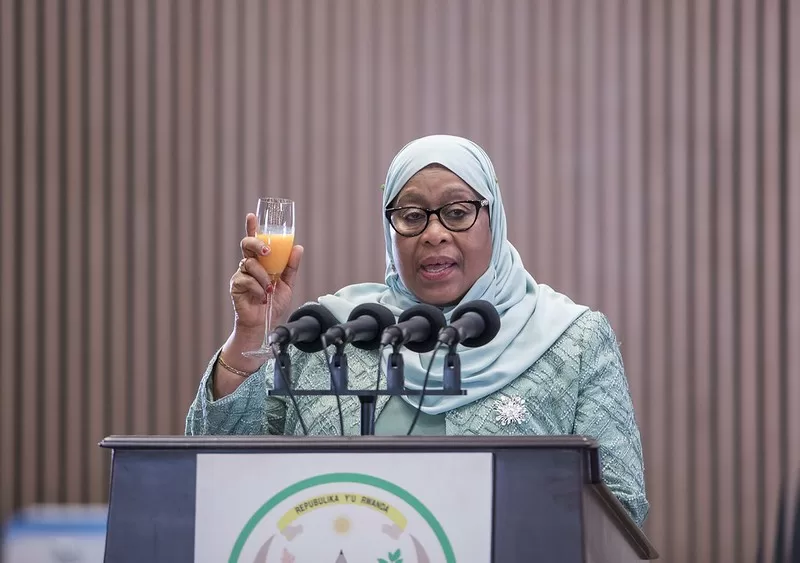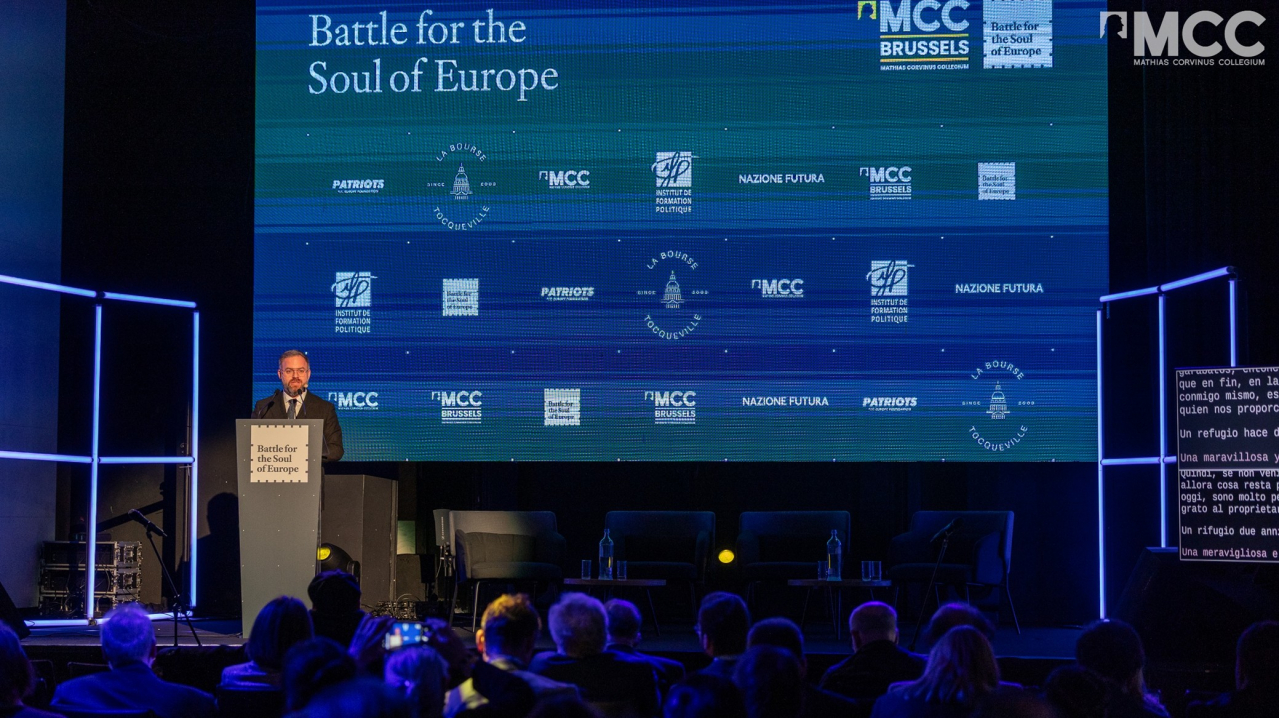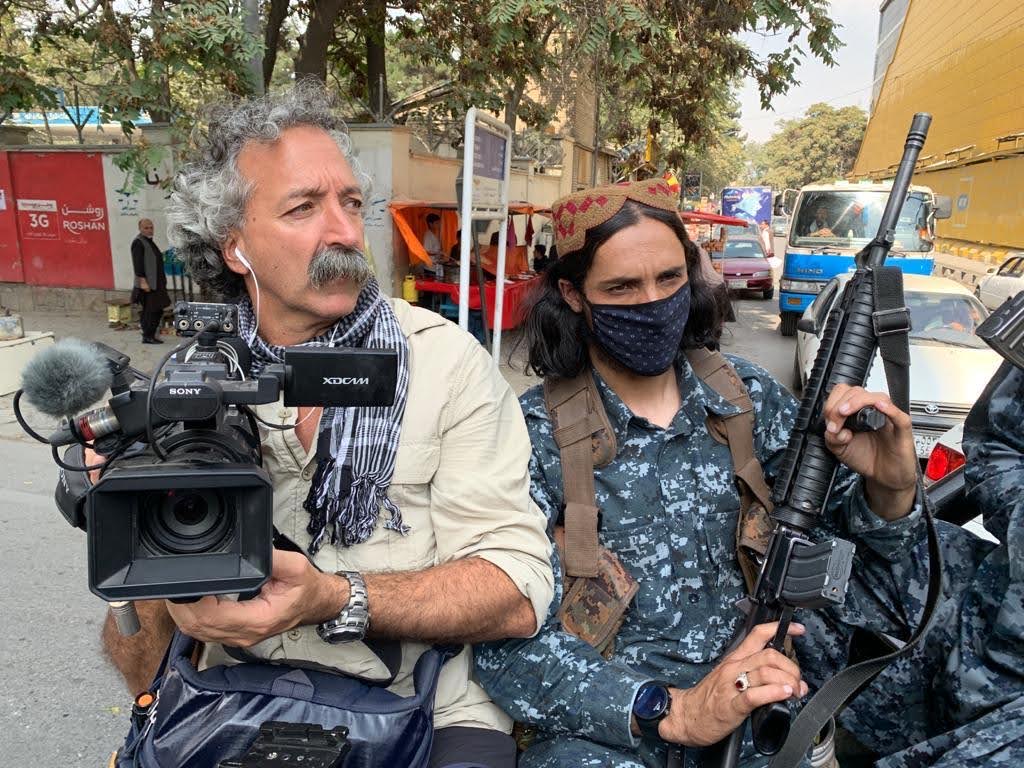The trial of 20 journalists charged with “fabricating news and assisting or belonging to a terror cell” has been adjourned until 5 March.
Eight of the defendants work for the Al Jazeera network including four foreign reporters, three of whom are out of the country and are being tried in absentia. Three Al Jazeera English (AJE) journalists who were in the defendant’s cage during the trial on Thursday, pleaded not guilty to the charges against them.
After a month and a half in detention, Australian award-winnning journalist Peter Greste, AJE Cairo Bureau Chief Mohamed Fadel Fahmy and producer Baher Mohamed appeared in court looking haggard and anxious. They kept up a brave front however, shouting out to foreign journalists attending the court session,” We are strong and we shall walk free.”
“Tell my fiancée Marwa that I love her; big wedding when I’m released,” Fahmy said, sounding optimistic.
In recent weeks, journalists have staged rallies in several cities around the world calling for the release of the AJ detainees and rejecting claims they have links to the Muslim Brotherhood, designated a “terrorist organisation”by Egypt’s military-backed authorities in December.
Fahmy, his right arm in a sling, complained to journalists in the courtroom that he had not received treatment for a shoulder injury sustained before his arrest in December despite repeated requests to prison authorities. Members of his and Baher’s families were denied entry into the courtroom, but Peter Greste’s brother, Andrew, was allowed to attend the trial.
The trial was held amid tight security in a makeshift courtroom at the Police Institute near Torah Prison where the three journalists are currently in detention. The three of them now share a cell after Fahmy and Baher were transferred to Torah Prison earlier this month from a high security prison where they had been held in solitary confinement. Although prison conditions at Torah are slightly better than in the Scorpion Prison where they were previously held, the defendants complained that they “are locked up for 23 hours a day and are being denied newspapers and books.”
Two other defendants in the case, also complained to journalists during the trial that they were being denied food and family visits, adding that they had been “blindfolded , electrocuted and hung from the ceiling” by state security officers in a prison camp before being brought to Torah. One of the two , Anas Mohamed El Beltaguy is the son of prominent Muslim Brotherhood leader Mohamed El Beltaguy who is also behind bars. His mother told journalists outside the courtroom that his detention was “act of revenge” against her jailed husband.
The heavy international media presence in the courtroom was a sign that the case, which has come to be known as the “Marriott Cell Case” (a reference to the hotel at which Fahmy and Greste were arrested) has captured worldwide attention. It also reflected the shared concerns of foreign journalists working in Egypt over their own safety in light of a widening crackdown on dissent by the Egyptian authorities, that has increasingly targeted journalists critical of the government. Increased physical assaults on foreign journalists by mobs on the streets, accusing them of being spies or suspecting them of working for Al Jazeera (a network that many Egyptians perceive as being sympathetic to the now unpopular Muslim Brotherhood) have also been a cause for concern for the journalists. The attacks are driven by rising xenophobia in Egypt, fuelled by Egypt’s pro-military media which persistently warns against “foreign conspiracies” aimed at dividing the country and undermining stability.
At least 11 incidents of attacks on journalists covering a popular referendum on the constitution were reported in mid-January. Ten days later, severa local and international journalists reported more attacks while covering clashes between police and supporters of ousted President Mohamed Morsi, according to CPJ. Most of the attacks — carried out by pro-regime loyalists — took place in Cairo’s downtown area where rallies were being held to mark the third anniversary of the January 2011 revolution. Journalists were also arrested and detained for at least a couple of hours before being released. Sarah Al Masry, from Cairo-based NGO Freedom of Thought and Expression Association told Daily News Egypt last month that “the maltreatment of journalists by security forces gives the public the green light to do the same.”
In a report released in December, the Committee to Protect Journalists ranked Egypt the world’s third deadliest country for journalists after Syria and Iraq. At least 5 journalists were killed and 45 assaulted last year, according to the CPJ report. The country also ranks among the top 10 jailers of media workers in the world, with five journalists behind bars at the time the report was released.
Abdalla el Shamy, a cameraman working for Al Jazeera’s Arabic service is among those imprisoned. Arrested on 14 August while filming the violent dispersal by security forces of a pro-Morsi sit in in Northeastern Cairo, he has been in jail since and has just entered his second month on hunger strike to protest his confinement.
Analysts and press freedom advocates say the trial — coming hot on the heels of the passing of the country’s new constitution enshrining freedom of expression — is “a litmus test for Egypt’s commitment to press freedom”. The adjournment of the trial to allow the prosecution to listen to eyewitness accounts and summon an interpreter to the court is a disappointment for many, including Al Jazeera, which had hoped to see its journalists released on Thursday.
“We are deeply disappointed that Fahmy, Greste, and Baher were not released from prison on Thursday,” Al Austey, Managing Director of Al Jazeera English said shortly after the court session had ended. He described the charges against the network’s staff as “baseless, unacceptable, and unjustified”.
“Journalists should not have to risk years in an Egyptian prison for doing their job,” said Joe Stork, deputy Middle East director at Human Rights Watch. “The prosecution of these journalists for speaking with Muslim Brotherhood members, coming after the prosecution of protesters and academics, shows how fast the space for dissent in Egypt is evaporating.”
But some, including Sue Turton, a British AJE reporter who is being tried in absentia in the case, are still hopeful that the current situation will be reversed. If that happens, it would demonstrate Egypt’s willingness to commit to the democratic principles embodied in its new charter. In an interview broadcast on Al Jazeera English, Turton said she has faith in the independence of the Egyptian judiciary and is certain that justice will prevail. “The journalists were just doing their work and journalism is not terrorism,” she said.
This article was posted on 21 February 2014 at indexoncensorship.org





